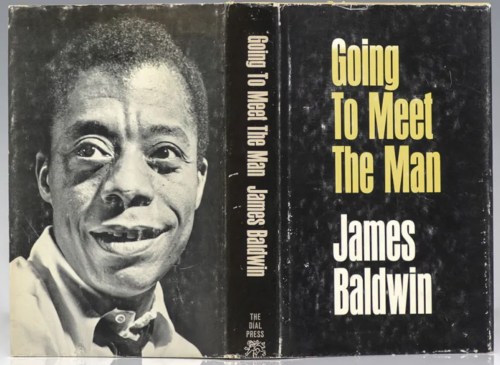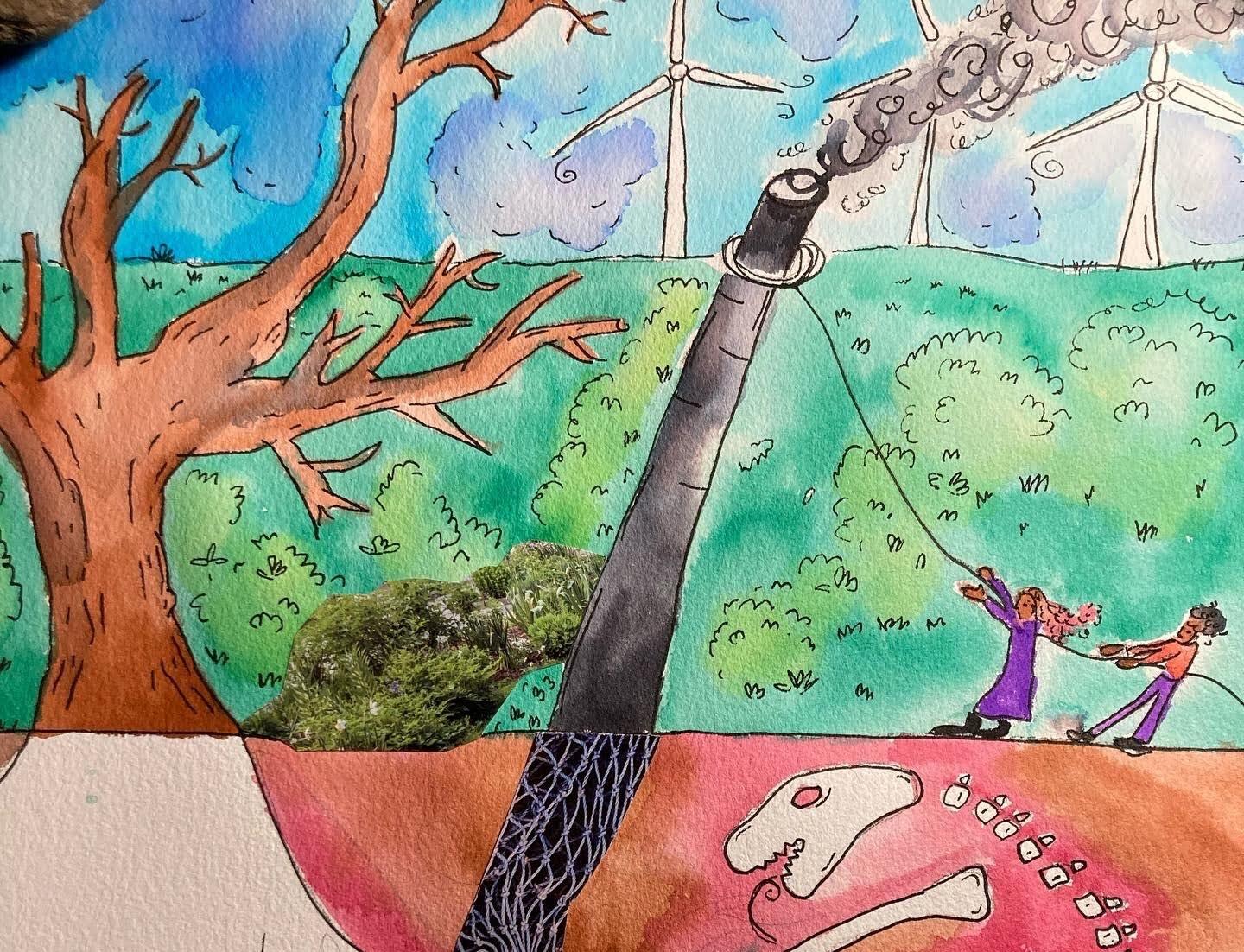While used by educators in a variety of settings, our training and materials are focused on secondary school teachers.
Spring 2024 Live Online Workshop
April 25, 2024, 4-6PM and May 9, 2024, 4-6PM

The first day we will engage with the story through small-group work and full-group discussion. The second day we will explore ways to teach this story in a literature class. On both days we will be working from and engaging with the fundamental principles of religious literacy in order to open up deeper dimensions of the text itself and build the religious literacy of readers.
The workshop involves asynchronous prework and independent work between sessions. “Homework” between sessions will involve a short curriculum design project/project idea to be submitted prior to the second session. The second session, which will explore ways to teach this story in the high school classroom, will draw explicitly on some of the submitted work.
This workshop is relevant for anyone who is teaching American literature, anyone who is interested in exploring how religious literacy deepens our reading of literature and how attentive reading deepens our religious literacy.
Register to attend the Religious Literacy and American Literature Two-Session Online Workshop
Asynchronous Modules
Teaching Religious Literacy Through Imagination, & the Arts: Topic in Power and Hegemony
The arts and imagination are powerful components of teaching and learning about religious literacy. Like religion itself, art and visual media provide critical windows into the forces shaping dominant worldviews, as well as vehicles for critically re-evaluating and re-imagining them.
This self-paced module includes introductory material, case studies in Islam and Orientalism, and a recorded conversation with RPL Fellow and Ramy writer and producer, Maytha Alhassen.
Register to access the Imagination and the Arts Module
Religious Literacy and Climate Justice
The climate crisis is, in many ways, an unprecedented challenge for humanity. It is also a moment that invites critical questions about our past, our present, and our future possibilities.
This self-paced module looks at the “deep stories” that are told in response to these questions and the role of religion and religious literacy in those narratives. It explores how examination of those stories can promote critical reflection on power, structural peace and violence in climate conversations, and open up new imaginative possibilities. A recorded conversation with RPL Climate Justice Fellow Teresa Cavazos Cohn, as well as HDS alumnae and secondary school educator Lou Fish-Sadin is included in the module.
Register to access the Climate Justice Module

Religious Literacy and Local Knowledges
Religious literacy seeks to cultivate a nuanced understanding of the forces that shape our world, often through embedding understandings of religion in context and in local, community-based perspectives.
This module includes resources, readings, and exercises look at how an appreciation and understanding of our own and others’ place-based and local knowledges can help our students better understand the principles of religious literacy, cultural violence, and the legacies of colonization that impact who and what we trust as legitimate sources of knowledge. A recorded conversation with RPL Native and Indigenous Rights Fellow Cynthia Wilson is included in the module.
Register to access Local Knowledges Module
